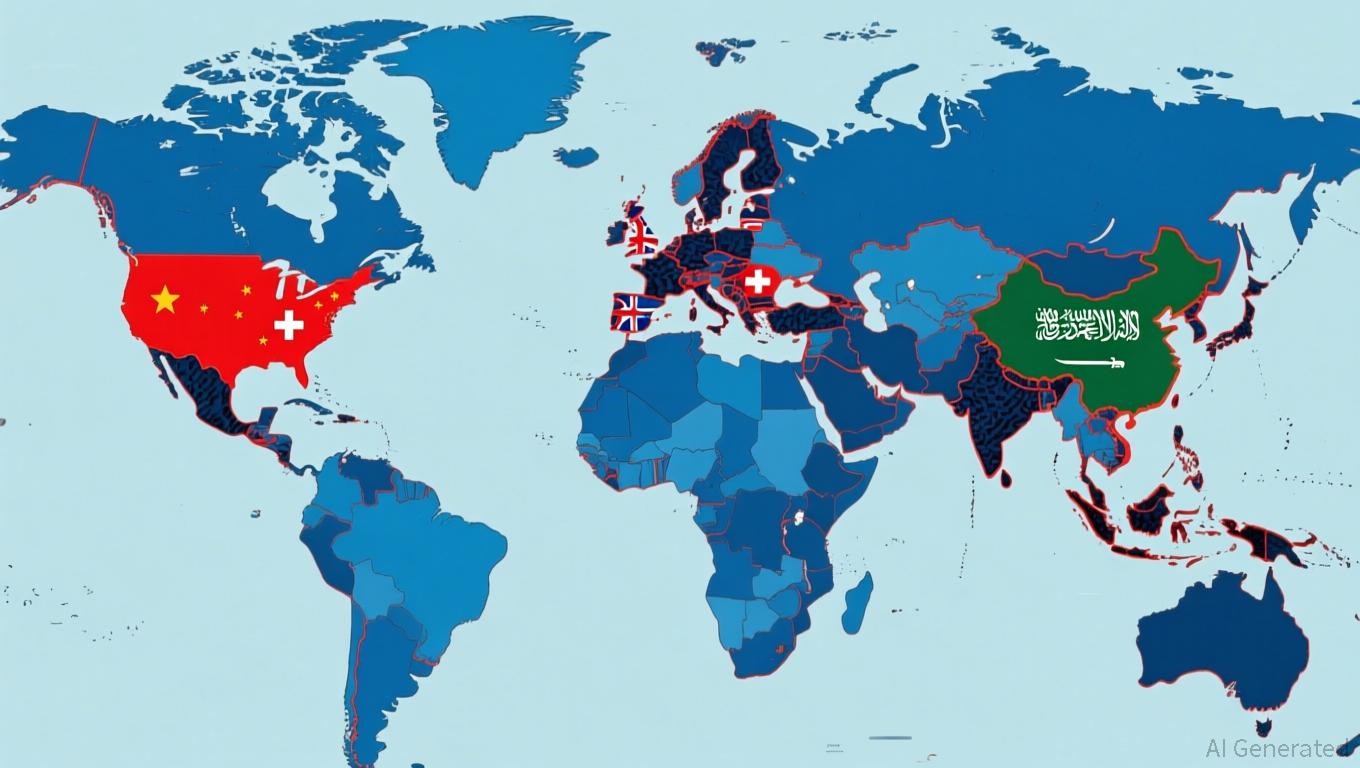New Study Shows AI Outpaces Humans in Game Testing
Game studios have long treated testing as an unavoidable bottleneck—slow, repetitive, and costly. But a new study suggests that one of game development’s most human-intensive jobs may be ripe for automation.
Researchers from Zhejiang University and the NetEase Fuxi AI Lab introduced Titan, an AI-powered testing agent that uses large-language-model reasoning to explore and evaluate vast online role-playing worlds.
In trials across two commercial titles, Titan not only completed 95% of assigned tasks but also identified four previously unknown bugs—outperforming human testers in terms of speed, coverage, and discovery.
Testing is one of the most expensive phases of game production, consuming millions of dollars in labor and months of turnaround time. According to market research firm Dataintello, the global game testing service market alone is expected to reach $5.8 billion by 2032.
Titan’s results suggest that generative AI can shoulder a share of that burden, bringing automation to a discipline once thought too open-ended and unpredictable for machines.
The study suggests a future in which AI agents not only mimic players but also reason like them—identifying glitches, balancing mechanics, and navigating dynamic virtual environments more efficiently than human QA teams.
“We design the workflow of Titan by mirroring how expert testers operate the MMORPG testing: perceive the game state, choose meaningful actions, reflect on progress, and diagnose issues,” the researchers wrote. “At its core, a foundation model drives high-level reasoning, while supporting modules provide perception, action scaffolding, and diagnostic oracles for closed-loop interaction.”
In the experiment, a perception module translated complex game states into simplified text, allowing the program to reason through objectives. The agent also used screenshots to review its own progress and recover from stalled progress.
Why It Matters
Titan is the latest example of how AI is moving into the gaming industry and filling roles typically handled by humans. In August, a Google Cloud survey said nearly nine in 10 game developers say they’ve already built AI agents into their work.
“If you’re not on the AI bandwagon right now, you’re already behind,” Kelsey Falter, CEO and co-founder of indie studio Mother Games, recently told Decrypt.
The research comes amid broader efforts to integrate AI more deeply into development workflows. In August, Jack Buser, global games director at Google Cloud, warned that studios unable to adopt AI tools “won’t survive.”
A new kind of game tester
Human testers often followed familiar paths, the report noted, while existing bots struggled to generalize across game versions. However, the researchers acknowledged they did not solely rely on AI to complete the study.
“We work with professional testers and designers to identify the key state factors relevant to general progress in MMORPGs, which serve as template references,” the researchers said.
These template references include player location, current game objectives, and player vitals such as health and mana, while “irrelevant data” like other players’ information is filtered out unless needed.
Disclaimer: The content of this article solely reflects the author's opinion and does not represent the platform in any capacity. This article is not intended to serve as a reference for making investment decisions.
You may also like
Monero’s reputation for privacy faces challenges from modular competitors and evolving regulations
- Monero (XMR) nears $400 as privacy-focused crypto gains traction amid evolving market demands for modular solutions. - Emerging rivals like Solana's GhostwareOS and Zcash challenge Monero's dominance with interoperable privacy features. - Regulatory pressures, including South Korea's expanded AML rules, heighten scrutiny on privacy coins despite their anti-surveillance design. - Analysts highlight Monero's "extreme privacy" legacy but note growing adoption of integrated privacy tools in active blockchain

As Crypto Markets Fluctuate, BI DeFi's Eco-Friendly Cloud Approach Draws Growing Attention from Institutions
- BI DeFi launches a blockchain-powered cloud computing platform combining renewable energy and advanced security to stabilize crypto market risks. - XRP's $180M inflow highlights growing institutional interest in digital assets despite broader market volatility and billions in sector outflows. - The platform's green energy data centers and automated yield settlements address ESG priorities while reducing blockchain's carbon footprint. - User-friendly features like $17 introductory contracts and $50K affil

FDV's Dilemma: Assessing Opportunity While Concealing Risk
- FDV (Fully Diluted Valuation) has become a 2025 key metric for evaluating crypto projects' long-term risks and scalability, especially for new layer-1 blockchains like Monad and Apertum. - Monad's $3.9B FDV despite 12% unlocked supply highlights "low float, high FDV" dynamics, while Apertum's 1.05x FDV-to-market cap ratio signals minimal dilution risk. - Critics note FDV's limitations, including price volatility assumptions and irrelevance for uncapped supply projects like Ethereum , requiring contextual

Switzerland Delays Crypto Information Exchange Pending International Coordination
- Switzerland delays crypto tax data sharing with foreign nations until 2027, citing unresolved CARF partner agreements. - The OECD's 2022 framework requires member states to exchange crypto account details, but 75 countries including the EU and UK face implementation challenges. - Transitional measures ease compliance burdens for Swiss crypto firms while awaiting finalized international data-sharing protocols. - Major economies like the U.S., China, and Saudi Arabia remain outside CARF due to non-complian

